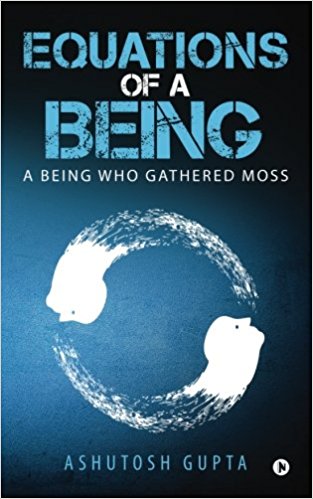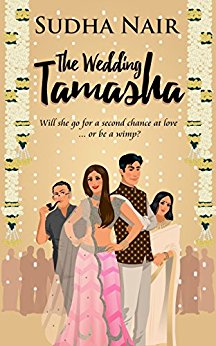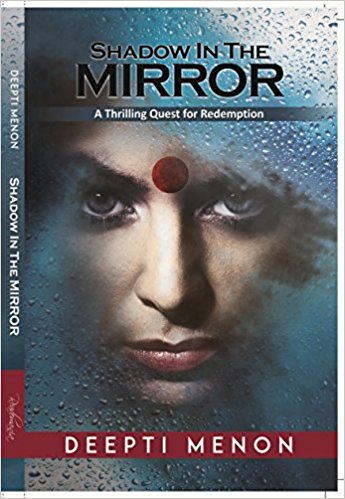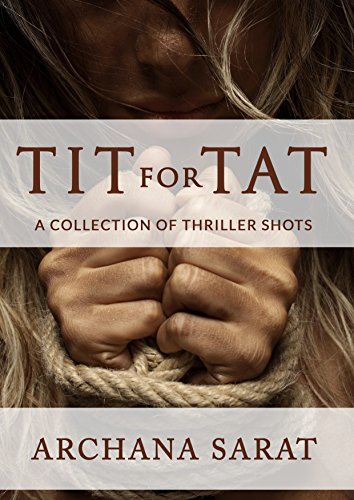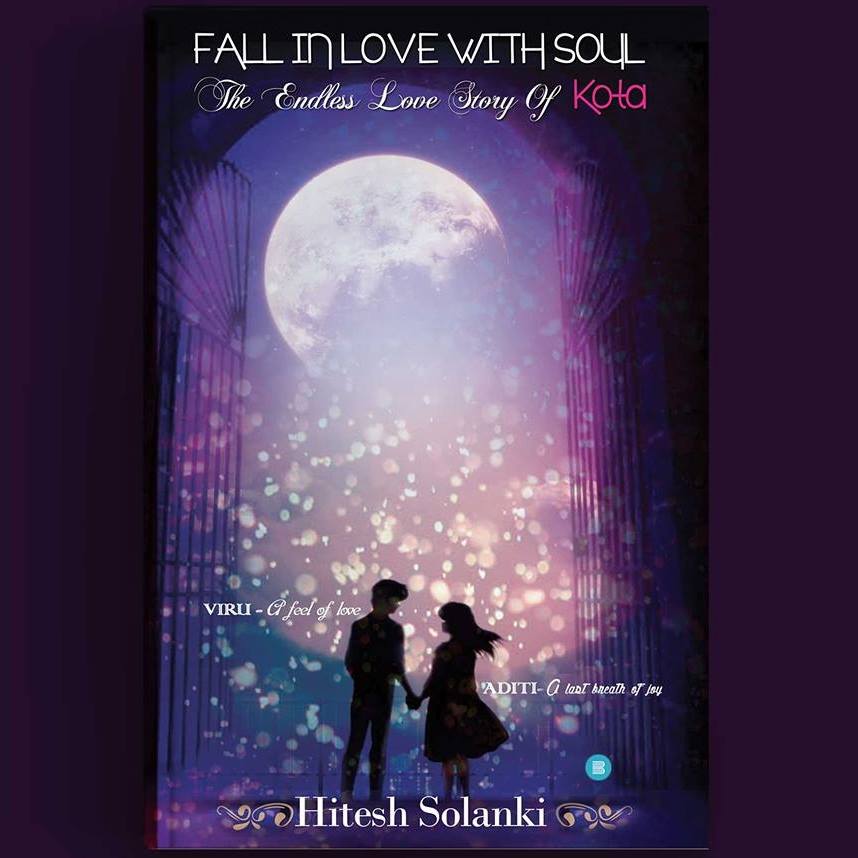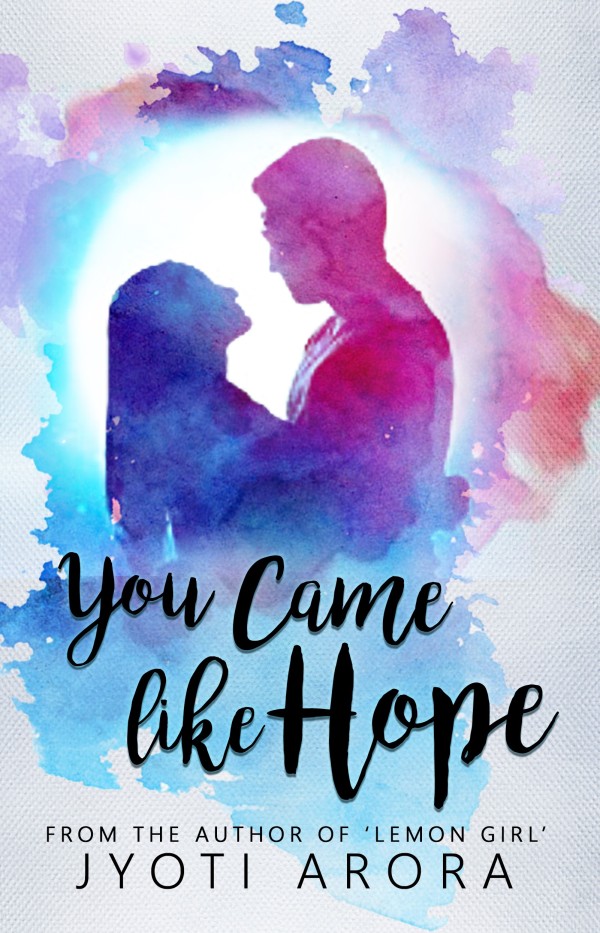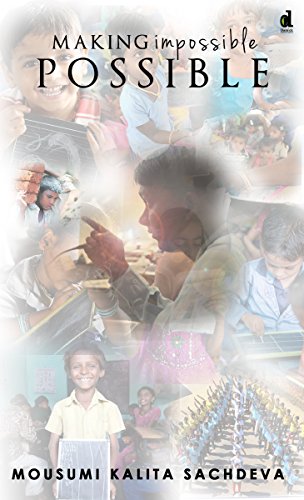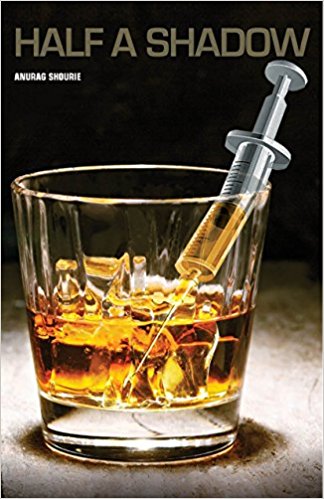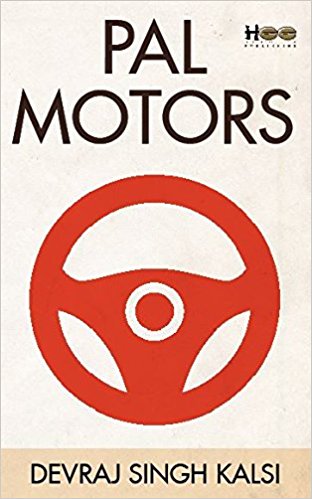Sinjini Sengupta, an alumnus of the Indian Statistical Institute, Sinjini spent several years of her working life as an Actuary, clearing difficult exams and designing, pricing and reserving for insurance policies, before she took a career break in 2015 to revive her long-dead passion for writing. Writing didn’t disappoint her, either. Within just a year or two, Sinjini went on to win quite a few coveted national and international awards. As a poet, Sinjini won the National-level English poetry contest—Rhyme India—hosted by Times of India in 2016. Several of her poems got selected and published in the poetry anthology She—The Shakti. One of her short stories themed on Nature writing won the prestigious South Asia FON contest and is soon to be published in an international anthology. The screenplay of Elixir won her the Best Screenplay award from among 550-plus films internationally. As a columnist, Sinjini was awarded thecoveted Orange Flowers Awards 2016 (Runners-Up) for her social columns. She writes mainly on gender issues, social reforms and sensitive parenting in a plethora of publications, such as the Huffington Post, Youth Ki Awaaz, Anandabazaar Patrika, Readomania, Feministaa, Women’s Web, MyCity4Kids, SBCLTR, Bonobology and several other popular publications. Sinjini was conferred the ‘Iconic Woman’ award at the international Women Economic Forum in May, 2017. She serves as the Gurgaon Chairperson for Readers and Writers of All Ladies League. Sinjini was recently featured by ICICI Bank as one of the ‘Inspirational Women of India’ in the Fund Your Own Worth initiative. Sinjini has been a Tedx speaker and has also delivered keynote speeches on important platforms like The Valley of Words and others.
About the Book
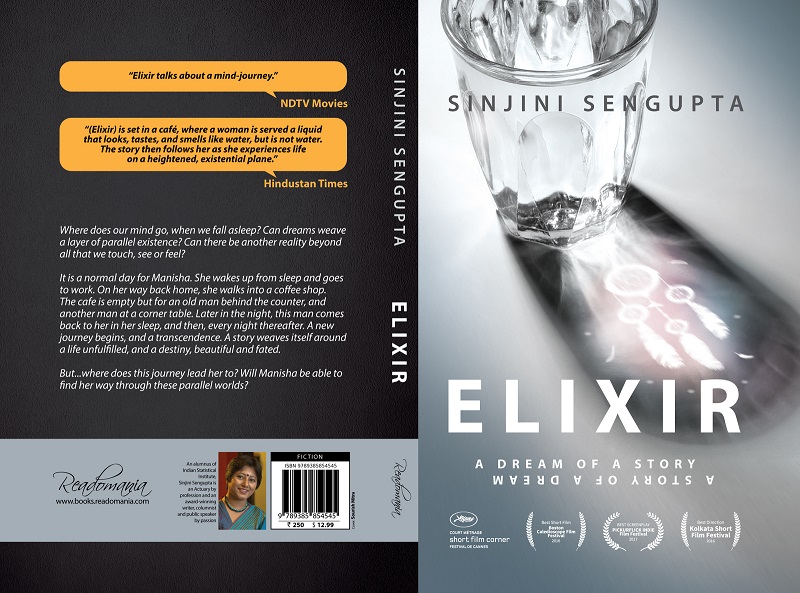
Elixir is a literary fiction – about parallel reality and a philosophical journey around woman emancipation -adopted from an award winning short film, both written by Sinjini Sengupta.
The story of Elixir is about a woman who, one day on her way back home from work, enters a coffee shop and asks for coffee, and water. The water she drinks however is not water, but elixir. In the night she falls asleep and begins a life in her dream, which resumes every night in her sleep there after. So now she lives 2 lives, and slowly the distinction blurs . This dual journey takes her into an enlightened , transcendental existence.
Elixir was first a short story written as a quick Blackberry note which went on to be made into a short-film for which SInjini also wrote the screenplay. Elixir went on to be selected for screening at the 69th Cannes Film Festival, Hyderabad All Lights Film Festival, 22nd Kolkata International Film Festival to name a few. It won the Best Short Film award in Caleidoscope (Boston), Best Director Award in Kolkata International Short Film Festival, Best Screenplay Award in Pickurflick Indie Film Festival, among many others awards and accolades. And finally it also fetched her a book contract that culminated into this book called ELIXIR. Elixir shot up to rank 3 of hot and new realeses under its genre on Amazon within hours of going live on Amazon and remains steady at that position over the following weeks. The reviews have been extremely positive and encouraging.
What is the story behind your book.
On the surface of it, the story of Elixir is about the journey and transformation of a woman. She works in a regular day job and belongs to a typical familial set-up composed of a husband and a wife in the modern, urban, moderately affluent socio economic set-up. They are just like any of us, really. So one day the wife Manisha, the female protagonist of Elixir, on her way to home back from work, casually enters this random coffee shop. She asks for coffee, and then, she also asks for a glass of water. However the water she is served is not water but Elixir. That night as she falls asleep, she wakes up in another life, and this recurs every night.
However in the subtext, it is also a reflection on life that we live and the love or the lack of it that we experience. Elixir explores the essential and core human emotions – our vulnerabilities and our desires, our motives and our destinies.
And then in another plane, the narrative of Elixir is also a meditation on the cycle of Nature, where things are born, change form and destroy in a dispassionate continuum. In my book I’ve used clouds, rain and the sea as running metaphors so much so that water goes on to become almost an alternative protagonist of the book.
However at all these levels, the essential journey is the same.
Where did you get your idea for the book?
I am really not certain as to how exactly I got this idea, but I remember the precise moment when it had appeared to me. It was very late in the night, past 11 actually, and I was sitting in my company cab waiting to be dropped home. This idea, just an ever so slight hint of a story, had struck me out of the blue. It was so compelling that I could not take it out of my mind for some time that I tried, and so, exhausted as I was, I brought out my office Blackberry and punched in a quick story. I named it Elixir, posted it on my blog, and forgot all about it very soon.
However Elixir came with its own destiny that was clearly larger than the confines of my new-born blogsite. It went on to be made into a short-film that then went on to be screened at the 69th Cannes Films Festival and several other international film festivals, won several awards.
Challenges you faced while writing this book and in your life as an author?
The biggest challenge to me as the author of Elixir the novel was to be able to match up to the legacy and accolades that have been already achieved by the film ELIXIR.
Over the last 2 years I have seen Elixir changes its form and shape, be interpreted, re-interpreted, acted out, played, be watched. I have sat through the wide range of audience reactions, answered QnA as the scriptwriter on the dais several times after its screening, and appeared at several interviews for print media and Television channels. And then suddenly I am back to square one, all braced with an already signed publishing contract and a white sheet of paper. I was once confident that it was my story and I knew it inside out, but now I was once again back on my knees, humbled, as I began to dive inwards in my mind to be able to bring the story out in a much wider and deeper way.
This problem was not just a fear or apprehension, but more than that it was a challenge to be able to clear my mind enough, to make space so that a new art form can be born. I began to peel layers after layers to be able to excavate the whole of the buried treasure, to explore the finer sides of the characters, the overlooked emotions or the buried vulnerabilities. Being a perfectionist, I had to study very hard and do a whole lot of homework to be able to stand my sure ground on the characters, their psychological insights, their emotional landscapes.
I am glad by the end of it, though. I am very proud of the thing that it has become. So it was all worthwhile, those sleepless nights and those intense self-doubts.
What is your life mantra?
To let my life flow in its own way, I think. It was not obvious to me for a long time in my life, but now I know better. I try not not fret when I am not being able to write for some days, some weeks even, or when things are not going in a certain way that I desire. I actively tell myself that what happens, happens for the best. I have seen it work. My own life over the last 2 years or so has been a complete miracle in itself as my whole identity transformed in a way. I was this senior professional busy making business presentations, running codes and managing a large team, and now… wham! I am an author and a public speaker! Frankly, if I aspired and set out my goals to achieve them, I couldn’t have aimed half as much and I couldn’t have even known the right way to go about them, and yet today if you see, I am suddenly this award winning author, TEDx speaker and so on. The opportunities came my way as if they are designed in my best interest. It is in my best interest therefore that I let life flow in its own pace and rhythm. It will all be well in the end.
What is your writing process like?
I am an instinctive writer. I try to stay away from planning and I thoroughly relish the indiscipline of the process, which in other words is freedom. It works for me to be undisciplined, to procrastinate until I think I am ready to hit the writing desk, to spend longer hours thinking than the hours actually used to writing the tangible texts that would go on to be published. I’ve realised that the best pieces I have written so far have been those which I have written in a state of flow, in one piece. It could be it a fuming social column or a soft ad sentimental love poem, but it is essential to me that it is an inspired piece of expression and not a strategic or motivated idea. I might be delaying things for many days together and then suddenly I am there, writing on something completely different, but writing with “flow” and then, it’s all there. It suits me to let it be this way, as I am not in a big hurry with targets and goals I am chasing. It is more important to me that what I do is an inspired piece of art, and that it is the best that I can do for then.
Anything special about your book that you want to share?
The first thing that might strike a reader in Elixir is that it is a story that has been largely untold so far. It is a story of a higher order of existence, and yet it is a story of our everyday lives. It is a story of utopia, and then it is also a story of the mundane. I think the best thing about Elixir is the empathy it triggers in its readers irrespective of the exact situation that they are in. It begins with where each of us are in our lives which may be widely different among each of us, and then it drills deeper into the human psyche where essentially we are orchestrated upon very similar planes. It taps on the larger truth of our very existence, and it dwells on the emotional landscape of the human mind.
For a long time i was inflicted with a generous amount of self-doubt. The question you always have brimming in your mind as a writer is that who’d identify with your story, who’d relate with its crises and conflicts. I’d have thought Elixir is more about someone like me – specific in my own ways. However now I am happy to be proved grossly wrong in that estimate. The story of Elixir – I have been told repeatedly by several readers – is not to do with Indians alone, or even with women alone. Elixir is a story of every person who share the same conflicts as anyone else in this urban, socio economic landscape. Loneliness or emotional void, the need for self-actualisation, the journey of self-discovery… it is all too common. I now think that we are only at different points in the journey but somehow, somewhere, the path is essentially the same as are our emotions. And Elixir, essentially, tugs at that – the core, raw human emotions.
After the film was screened at Cannes and elsewhere far away from home, I was pleasantly surprised to receive comments and messages from people from across the world cutting through geographic and cultural divides. From a Polish Literary scholar, an award winning scriptwriter from the US, an Australian author to normal everyday readers, I have been honoured and humbled to have heard back from many a people from across the globe. They all echoed the same feedback that they found themselves in Elixir and so intensely that they felt compelled to write back to me!
According to you, what are the three qualities an author must have to achieve success?
I do not know if success can be planned, or even if it is right to define “success” in a certain way. To me the only way to become an artist – as a writer, painter, or in whatever art form you may be – be “willing to be foolish”, and to be surprised in the process. It is important for me to “stay true” to be able to be an artist. I have to be utmost honest and transparent to myself. And then, to “let it flow” from within. To be able to tap on the reserves inside and give words to them. It is a very organic process for me and I have seen it work for me so far, hence…
And for “success” – no matter how you define it, I think the best is to believe that things will happen in its own course of time, and that it will happen for the best. Always. Give time time.
What are your plans for next book?
I am toying with several ideas actually. I want to be more experimental, also. I do not want to write in hurry, just to get books out. I’d rather take time but write books that I can be proud of. I do not know what “book” I’ll write next very precisely, though I have some ideas I’ve begun to flesh out more dedicatedly than others. In whatever form it may take, I think I’d want to explore human emotions and the shades of grey further and deeper.
As I write in several forms, poetry to social columns to stories to screenplays, and also on various subjects of interest, I also kind of spill out from one to another very often. For writing Elixir, as I dedicated myself to this one manuscript I’d be so full of ideas to do something else on sudden mornings when I really had to stop and edit myself. Now I have to find a right container to be able to hold some of those thoughts and bind them in a string that can maybe become complete in its own, and therefore become a book.
What advice do you have for young writers?
I am not sure I am qualified enough to give “advice”, but here is one thing that I kind of realised, that writing is not just writing.
As I was writing Elixir, I was hard at work finding my way through the dense forests of characters, settings and narratives choices. I was still creating and discarding characters in my mind, settings, narratives and alternative perspectives. A good deal of time went into finding and fixing the direction, before, throughout and even afterwards. A mere word count is nothing in comparison to that. I am kind of cautioned by the emphasis that I see being put on the amount of written words the volume of text. How much of it will stay, I ask myself. I am an advocate of quality over quantity, and if at all I am in any place to give suggestions it’d be this.
Writing is not so much about the act of writing or the numbers on the left bottom ribbon on the Microsoft document. Writing is so much also about thinking, considering, discarding, reconsidering, arguing, reading, learning, taking walks, talking to yourself like a maniac, and more. I tell myself and others who ask to please do that over and over, and to enjoy the journey more than fixing the mind and aim on its destination. As they say as the word of advice to the team going out to the field – go, enjoy the game!
Share a quote or line that has been your inspiration.
‘And the time came when the risk to remain tight in a bud was more painful than the risk it took to blossom.’ —Anais Nin
I’ve used this line to open the final section of the book where Manisha, my protagonist, is finally coming back to herself in a way of self-discovery and contentment. This line, when I first came across it, appeared to me as both powerful and fateful in a strange way. There are points in our lives when we grow out of the life that we may have known so long, almost like shedding our own identity or our estimate of ourselves, and then we are ready to step up. This step-up may always not be measurable or even visible from outside, but inside you know that you’ve transformed, you’ve known better than you knew before. Elixir is all about this inflection point of our lives, this moment of becoming a better you!

